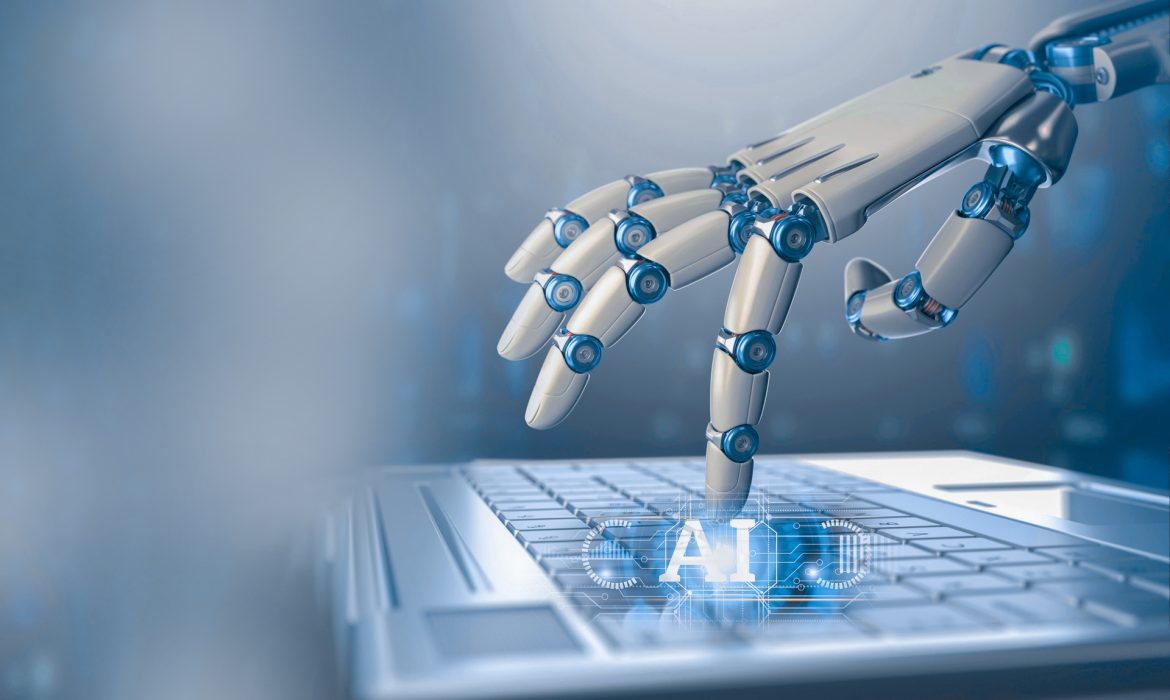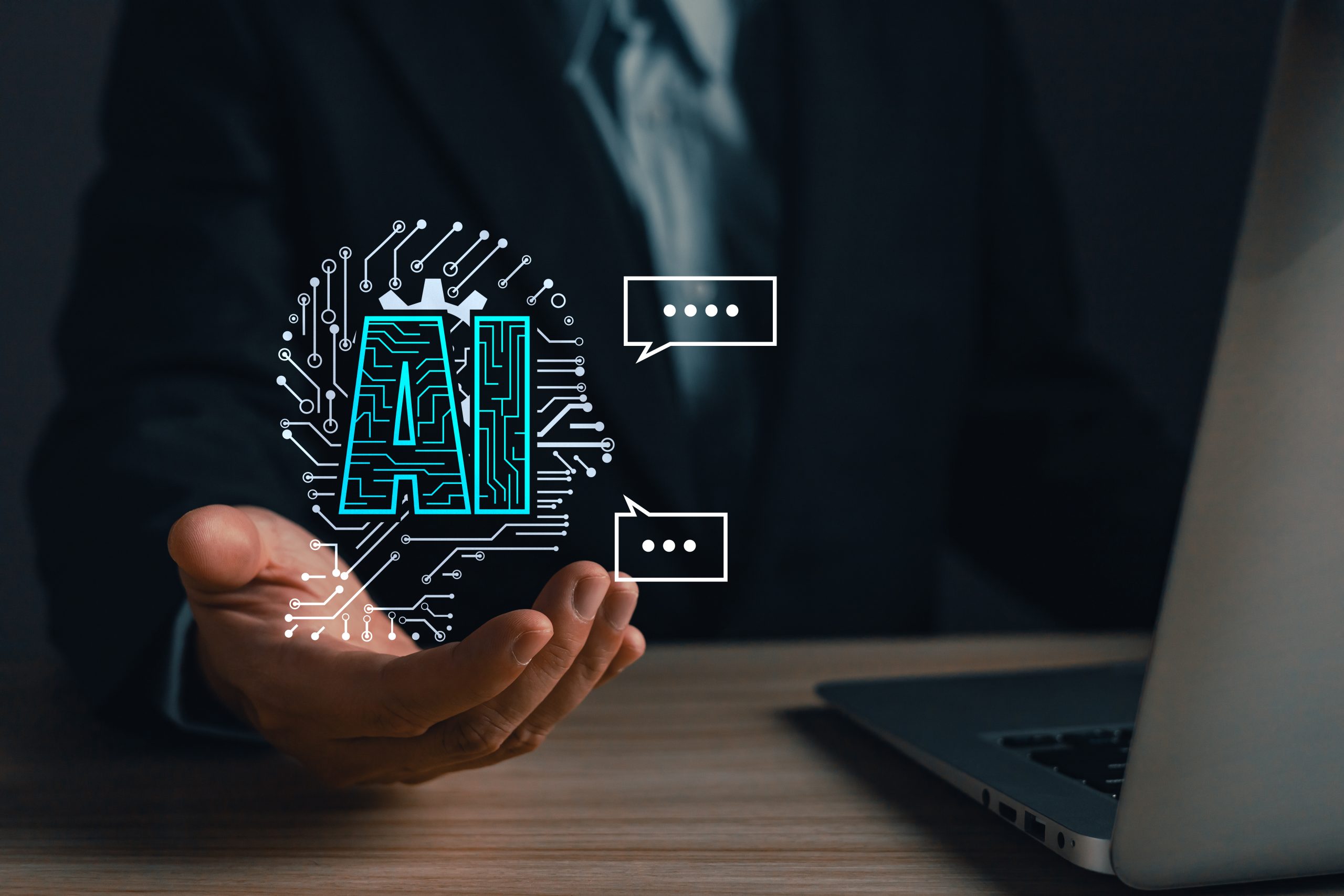
Artificial Intelligence (AI) is no longer a futuristic concept—it’s a real-time game changer in marketing. From predictive analytics to content personalization, AI is transforming how brands connect with audiences. But how are marketers actually using AI today, and what trends are emerging among industry leaders?
To answer this, we’ve examined insights from global marketing executives, industry reports, and real-world applications. The result? Six key findings that reveal the current state of AI in marketing and what businesses need to know to stay competitive.
AI Adoption is Accelerating Rapidly Across All Business Sizes
A few years ago, AI tools were considered the domain of large enterprises with deep pockets. Today, thanks to the proliferation of user-friendly platforms and SaaS models, even small and mid-sized companies are leveraging AI. According to a recent survey by Salesforce, over 60% of marketers say they already use AI in their workflows, while 71% plan to increase their use in the next year.
AI is no longer optional—it’s becoming a core element of competitive marketing strategies. Whether it’s through automated customer segmentation, email personalization, or dynamic pricing models, businesses that embrace AI now will have a clear advantage.
Content Personalization is the Top Use Case
Marketing leaders agree: personalization powered by AI is delivering the most immediate ROI. Machine learning algorithms analyze user behavior in real time to tailor website experiences, product recommendations, and email messaging. For example, Netflix’s recommendation engine and Amazon’s “Customers also bought” features are both driven by AI.
In marketing, similar tools allow companies to create personalized landing pages and email content based on customer personas and engagement history. The result? Higher conversion rates and more loyal customers.
Key Stat: 80% of customers are more likely to buy from a brand that offers personalized experiences. – Epsilon
AI is Powering Smarter, Data-Driven Decisions
Modern marketers are drowning in data. The challenge isn’t collecting information—it’s making sense of it. AI bridges this gap by rapidly analyzing large datasets and identifying patterns that humans often miss. This is especially useful in areas like:
- Customer Lifetime Value (CLV) prediction
- Churn analysis
- Campaign performance forecasting
- Optimal ad spend allocation
Executives interviewed in the HubSpot State of Marketing report noted that AI-generated insights often outperform traditional analytics tools by offering real-time feedback and predictive capabilities.

The days of clunky, pre-programmed customer service bots are gone. Today’s AI-powered chatbots, driven by natural language processing (NLP), can understand and respond to complex queries 24/7.
Marketing leaders view AI chatbots as not just a cost-saving tool, but a revenue generator. They improve user experience, accelerate lead qualification, and reduce bounce rates by offering instant responses.
Real-World Example:
A leading eCommerce brand implemented an AI chatbot to guide users through the purchase journey. The result? A 30% increase in sales and a 25% reduction in cart abandonment.
AI is Reshaping Content Creation (But Not Replacing Humans)
AI tools like ChatGPT, Jasper, and Grammarly are changing how marketers approach content creation. These tools assist with:
- Blog and email drafting
- Social media copy
- SEO keyword optimization
- Grammar and tone adjustment
While AI can speed up content production, top marketers stress the importance of human oversight. The most effective content strategies blend AI efficiency with human creativity to ensure authenticity and brand alignment.
Pro Tip:
Use AI to create outlines, generate initial drafts, or A/B test different content versions—but always have a skilled human editor finalize the messaging.
Ethical and Privacy Concerns Are Top of Mind
As AI continues to evolve, so do concerns around data privacy, bias, and transparency. Marketing leaders are increasingly aware of the risks associated with AI misuse, especially when handling sensitive consumer data or deploying algorithm-driven decision-making.

Brands that prioritize ethical AI practices—such as transparent data collection, opt-in consent models, and algorithm auditing—will gain trust and avoid regulatory backlash.
Governments worldwide are drafting stricter data privacy laws (like GDPR in Europe and CPRA in California), and AI compliance will soon become a mandatory part of any marketing operation.
What This Means for Your Marketing Strategy
The six key findings from marketing leaders highlight a clear message: AI is not just transforming marketing—it’s redefining it.
If you’re not yet incorporating AI into your strategy, now is the time to start. Begin with tools that offer fast wins, like personalized email automation or chatbot integration. Then scale up to more advanced applications like predictive analytics and dynamic ad targeting.
AI isn’t a one-size-fits-all solution—but with a thoughtful, strategic approach, it can revolutionize how your brand connects with its audience.
Final Thoughts
The state of AI in marketing shows immense promise, but it also requires mindful execution. Marketers who blend cutting-edge technology with ethical practices and human insight will lead the next era of brand storytelling.
AI is not about replacing creativity—it’s about amplifying it. And the marketers who embrace AI today will be the ones defining what success looks like tomorrow.
___
by Thomas Theodoridis
source: Realclicks.net

